20:44, February 2, 2024
BHG - Every year, the family raises nearly 4,000 chickens, with revenue of hundreds of millions of dong. The model of raising capons on hills has been bringing high profits to Mr. Vi Thanh Nong's household (53 years old) in Viet Lam Farm town (Vi Xuyen).
Visiting the chicken farming model of Mr. Vi Thanh Nong's family in the last days of the year, standing in front of thousands of fat, smooth-feathered capons made many people admire and enjoy. From raising a few dozen meat chickens, he has developed a model of raising capons on hills with a scale of thousands of chickens. According to Mr. Nong, each capon weighs from 3 to 3.5 kg, sold at 150,000 VND/kg, each chicken can be sold for about half a million VND. After deducting all expenses, on average, Mr. Nong earns more than 200,000 VND per chicken. Each year, the capon farming model brings Mr. Nong's family a revenue of over 800 million VND.
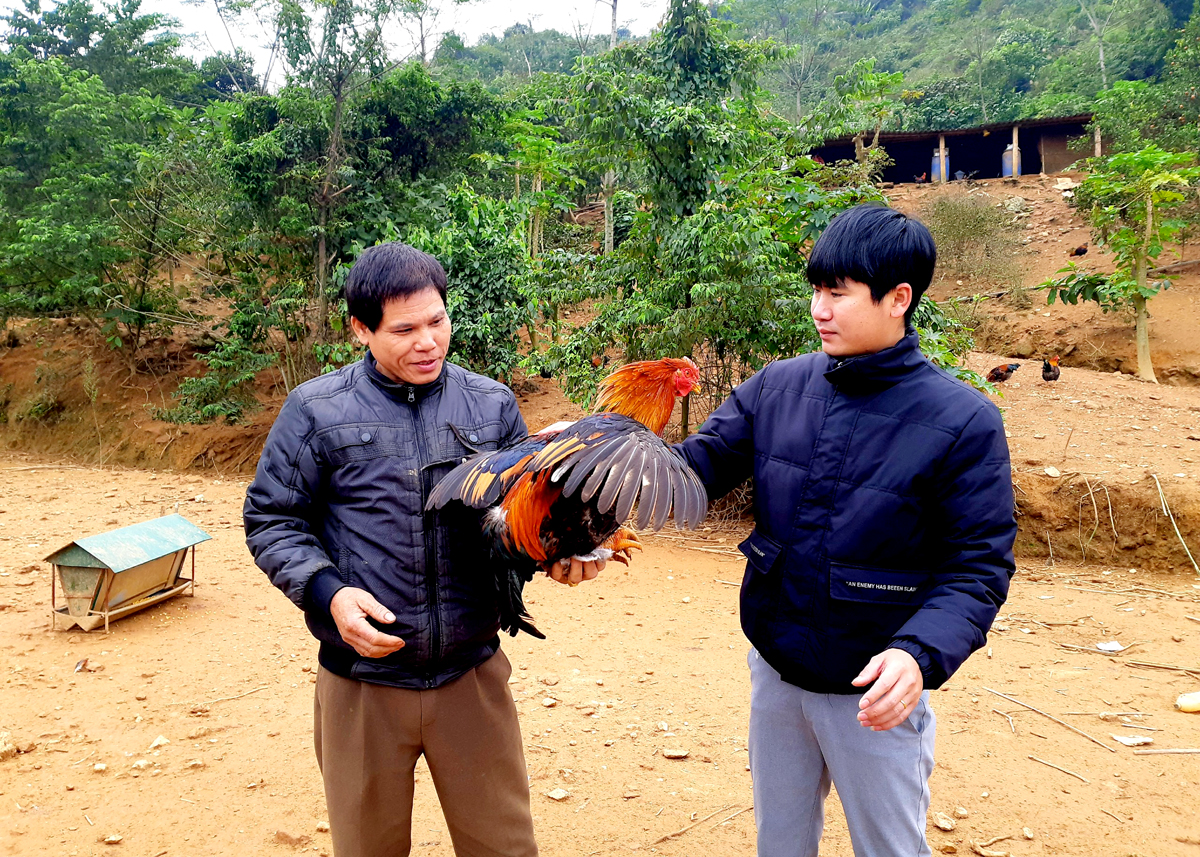 |
| Mr. Vi Thanh Nong (left) introduces his nearly 10 years of experience raising capons. |
Mr. Vi Thanh Nong shared: My family started raising capons for nearly 10 years now. Previously, the hill area of more than 3 hectares was used to grow oranges. However, because the oranges were old and had low productivity, I raised free-range chickens. It took the family a few years to stabilize production because in the first year, there was no experience, so many chickens died. After a period of continuous learning and understanding of raising and caring techniques, the flock of chickens gradually developed well. To keep the capons healthy and free from diseases, in addition to cleaning the barn and vaccinating them fully, Mr. Nong's family also increased the source of food for the chickens such as corn, rice, added vitamins and regularly disinfected the barn. For corn, he took the time to wash it and cook it before feeding the chickens, because according to him, this is the only way to ensure better absorption of nutrients by the chickens. According to Mr. Nong, compared to raising normal meat chickens, raising capons does not require too much care, and they are less susceptible to disease. However, to raise them successfully, the selection of breeds is very important, so it is necessary to buy breeds from reputable, quality places. When first starting to raise them, the breeds are only as big as a fist, and the raising process is about 45 - 60 days before they can be castrated. After castration, vitamins and antibiotics must be added to keep the chickens healthy and prevent infection. Mr. Nong usually raises them from the second lunar month, when the climate is warm, and sells them in the eleventh lunar month. When fully grown, capons are much larger than normal chickens. The meat of capons is sweet, firm, with thick and crispy skin. After boiling, the chicken turns a beautiful golden yellow. Therefore, capons are very popular with people to eat during Tet or to give as gifts.
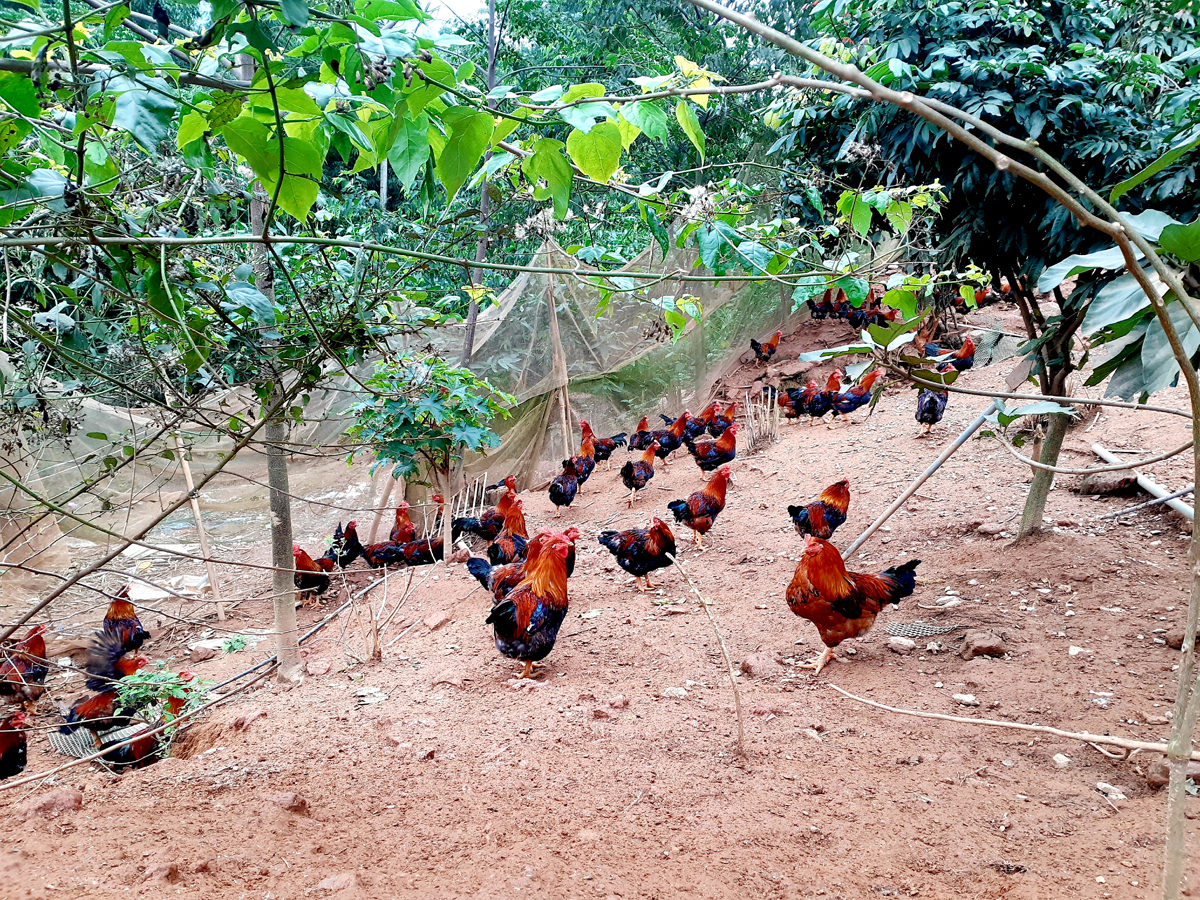 |
| Every year, Mr. Vi Thanh Nong maintains a model of raising capon chickens on hills with a scale of nearly 4 thousand chickens. |
Thanks to the quality and reputation of nearly 10 years of raising, the model of raising capons on hills of Mr. Vi Thanh Nong's family is known by many people. Every year, traders in the province and outside the province order all of them before Tet. Currently, the flock of nearly 4,000 live castrated chickens has sold 3,700, the rest have also been ordered by traders. Vice Chairman of the People's Committee of Viet Lam Farm Town, Pham Van Thuy said: Mr. Vi Thanh Nong is a typical example in economic development in the locality. The model of raising capons with high efficiency has become a model for households in the area to learn from the experience of developing farm and ranch models, striving to get rich.
Article and photos: Van Long
Source







![[Photo] Da Nang: Hundreds of people join hands to clean up a vital tourist route after storm No. 13](https://vphoto.vietnam.vn/thumb/1200x675/vietnam/resource/IMAGE/2025/11/07/1762491638903_image-3-1353-jpg.webp)


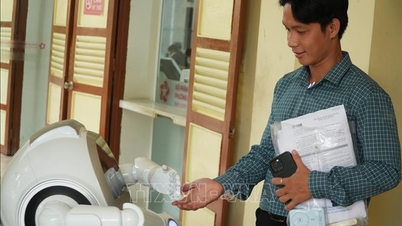





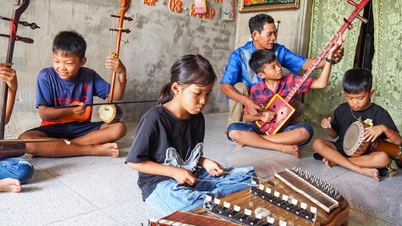





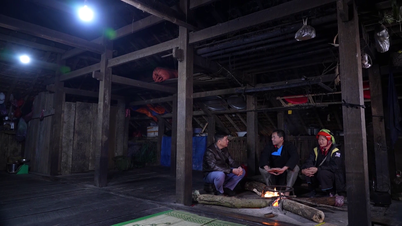






































































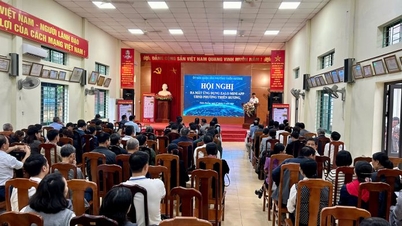

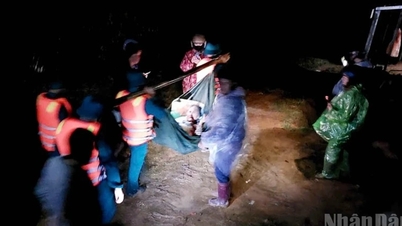
















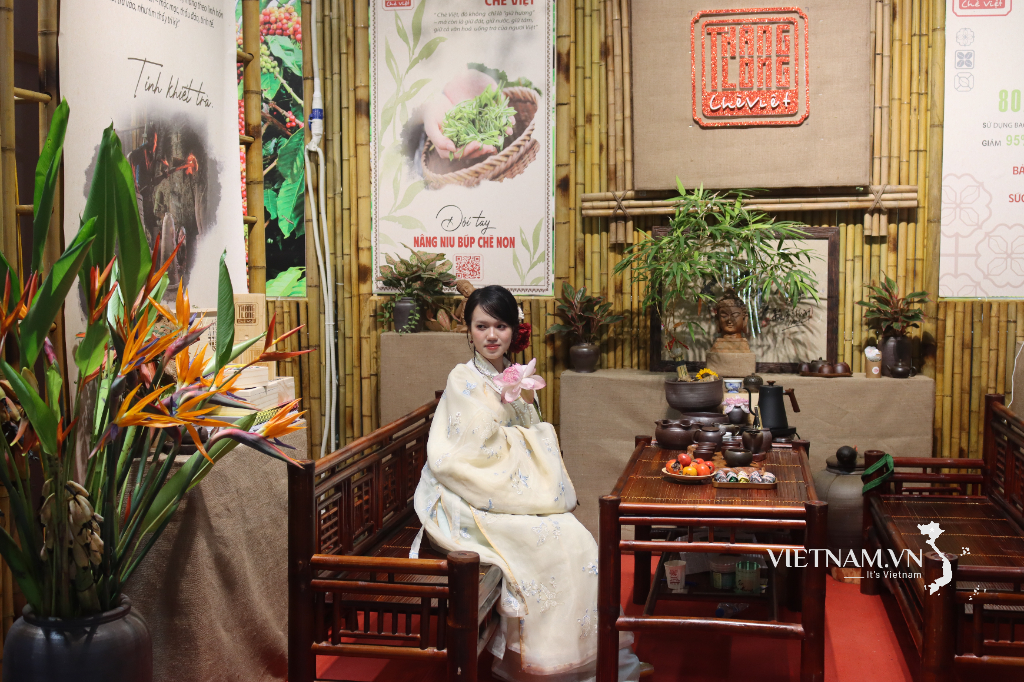

Comment (0)